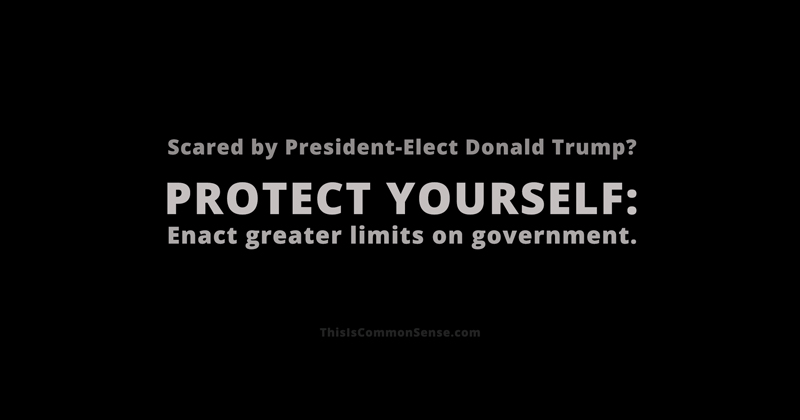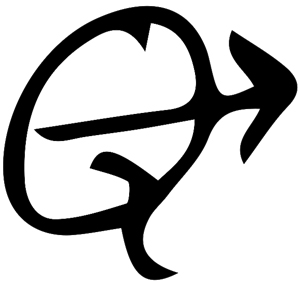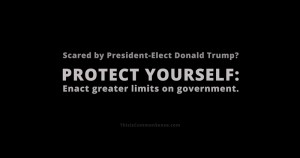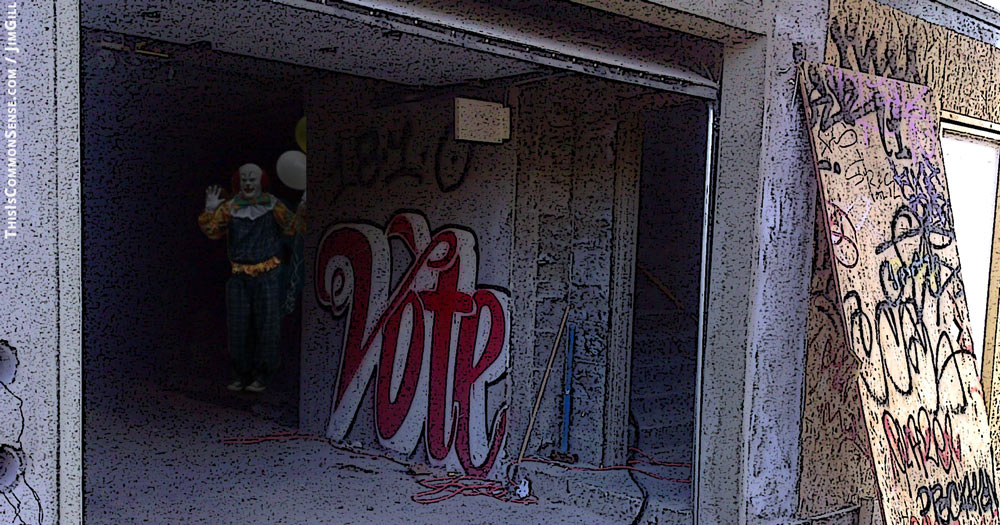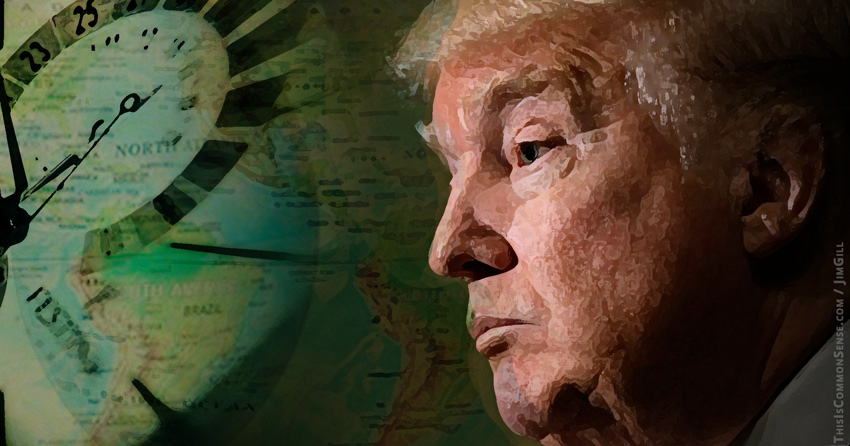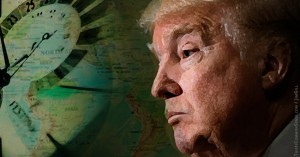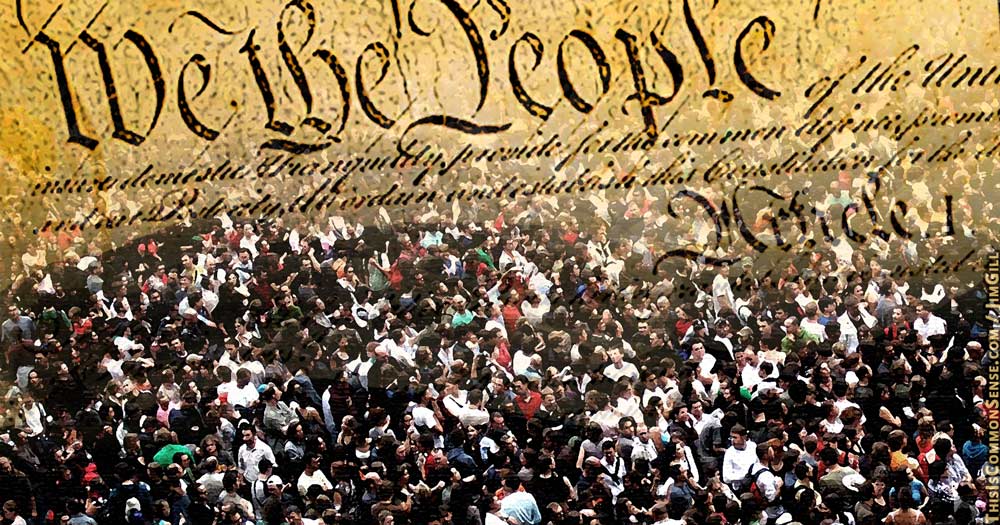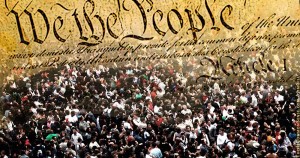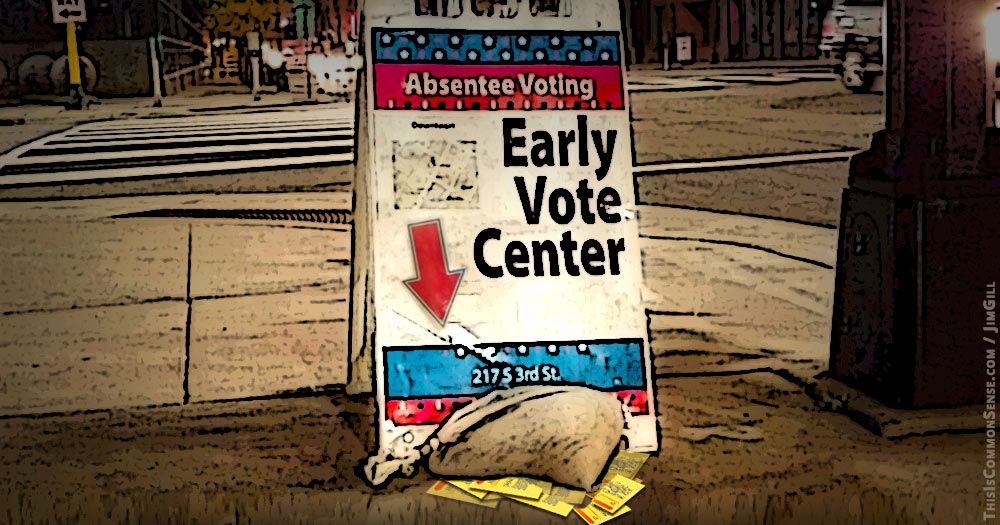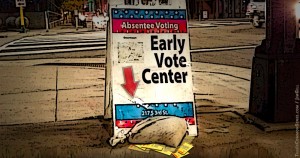The “unexpected” Donald Trump presidential victory has put the folks at The Gray Lady a bit out of sorts.
Heather Wilhelm at the National Review pokes and prods at the absurdities of the New York Times’s cultural cluelessness. And ably enough. So I’ll stick to The Times’s recent “six views” of America’s ideological divide:
Julie Turkewitz recognizes two well-insulated informational bubbles at play. Nothing too controversial — or very deep.
Campbell Robertson muses upon the dominance of the “elites” against which Trump’s insurgents rebel, noting that “the elites are the still the ones who get to decide who gets to be elite.”
Laurie Goodstein takes on religious culture, making much of divergent spiritual outlooks, left and right.
Julia Preston peers at immigration and the prospect of sending a message by building a “wall.”
In the manner of the other five, Sheryl Gay Stolberg digs up real-world people — as does our speechifier-in-chief, Barack Obama — to lightly probe questions of assimilation versus multiculturalism.
Manny Fernandez concludes with a (yawn) discussion of giving and taking offense.
They all miss the underlying structural basis for the divide.
On one side: folks working in the private sector — or local governments and charities, or at home — who have seen the world pass them by in terms of income and security.
On the other: government workers and consultants (and other college grads) who make more, on average, than their “real world” counterparts.
The latter has advanced as a class; the former remain in stasis . . . at best.
A mystery?
No — it’s the predictable result of what Thomas Jefferson called “the parasite institutions now consuming us.”
This is Common Sense. I’m Paul Jacob.
Original (cc) photo by diana MĂRGĂRIT at Flickr


